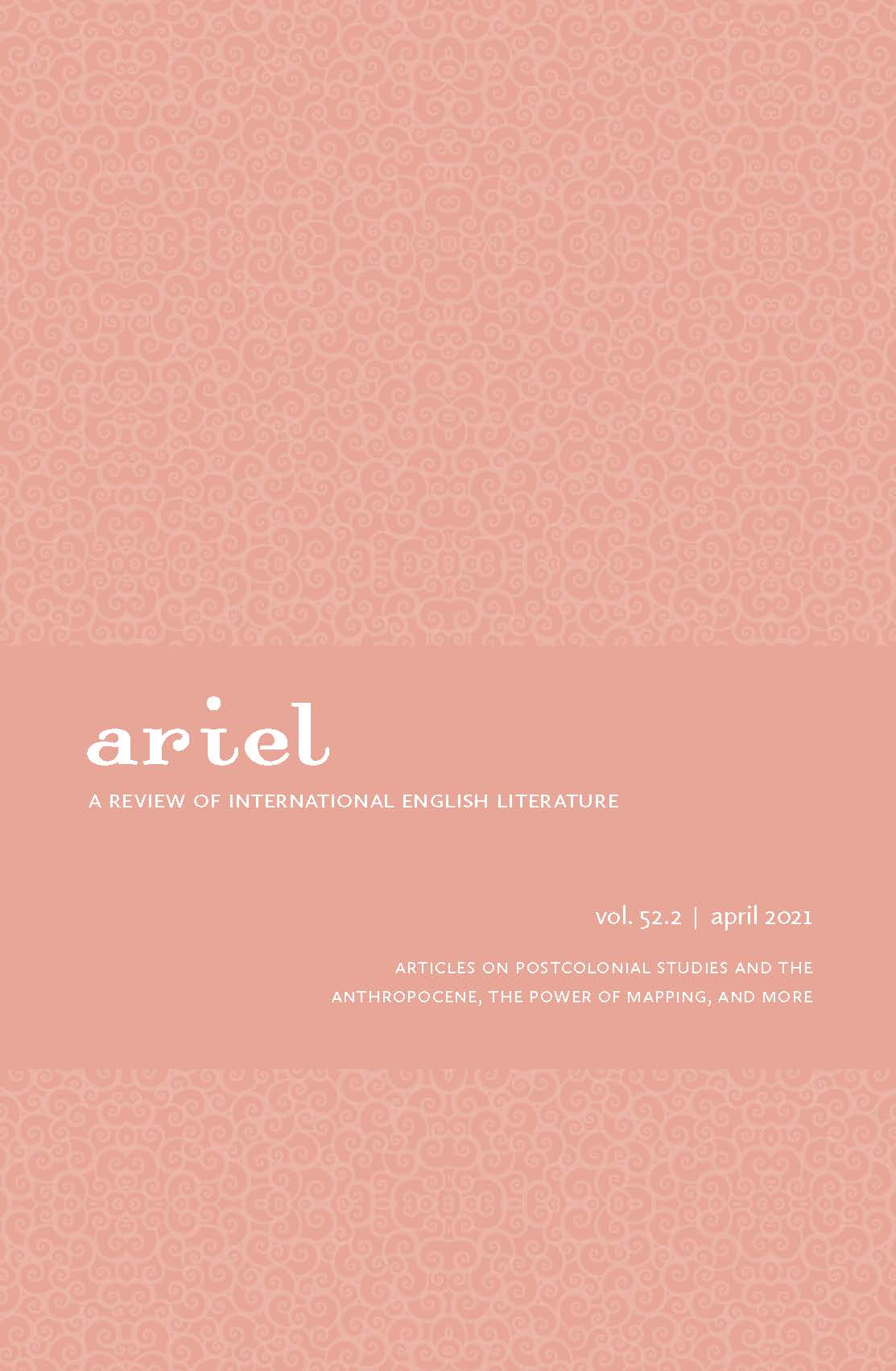Deciphering the Transnational Poetics in Wing Tek Lum’s The Nanjing Massacre: Poems
Keywords:
Nanjing Massacre, Wing Tek Lum, Transnational Poetics, Asian American PoetryAbstract
This paper examines transnational poetics embedded in Chinese American Poet Wing Tek Lum’s 2012 poetry collection The Nanjing Massacre: Poems. Borrowing from Jahan Ramazani’s concept of transnational poetics, I argue for adopting a transnational perspective to probe the cross-cultural content and formal experiments in Asian American poetry. I mainly examine Lum’s intercultural representations of two groups of people: first, I probe Lum’s poetic construction of Japanese perpetrators by focusing on his exploration of ordinary Japanese soldiers’ mentality, his adaptation of Japanese folklore and engagement with haiku; second, I probe Lum’s portrayals of how comfort women have been reduced into objects and symbols of national humiliation, arguing that his juxtaposition of the Nanjing Massacre with other historical traumas brings the universal, war-inflicted sexual traumas to the fore. Overall, Lum’s representations of Japanese perpetrators and comfort women work together to undermine nationalist uses of Nanjing Massacre history memory and emphasizes instead war traumas and gender oppression transnationally. Situated at the intersection of Asian American studies and studies of the Nanjing Massacre, this paper hopes to push beyond narrowly US-bound models of criticism for Asian American poetry and highlights how Lum mobilizes an intercultural way of approaching the Nanjing Massacre.


